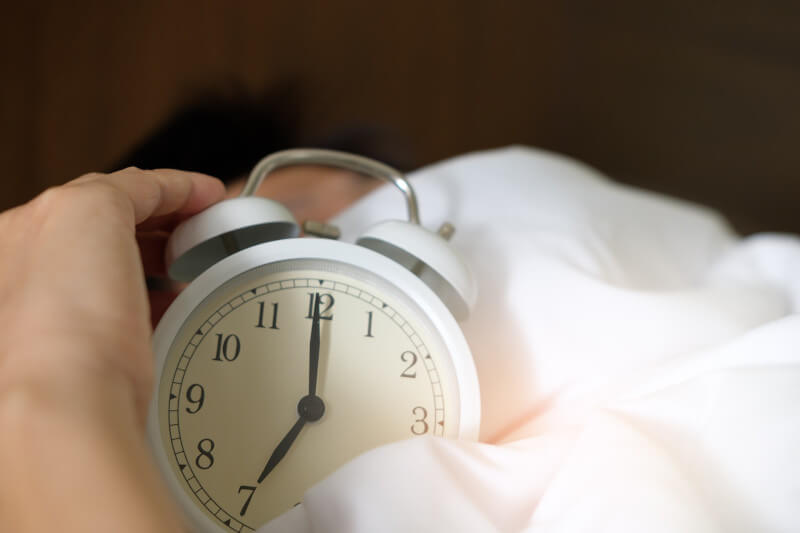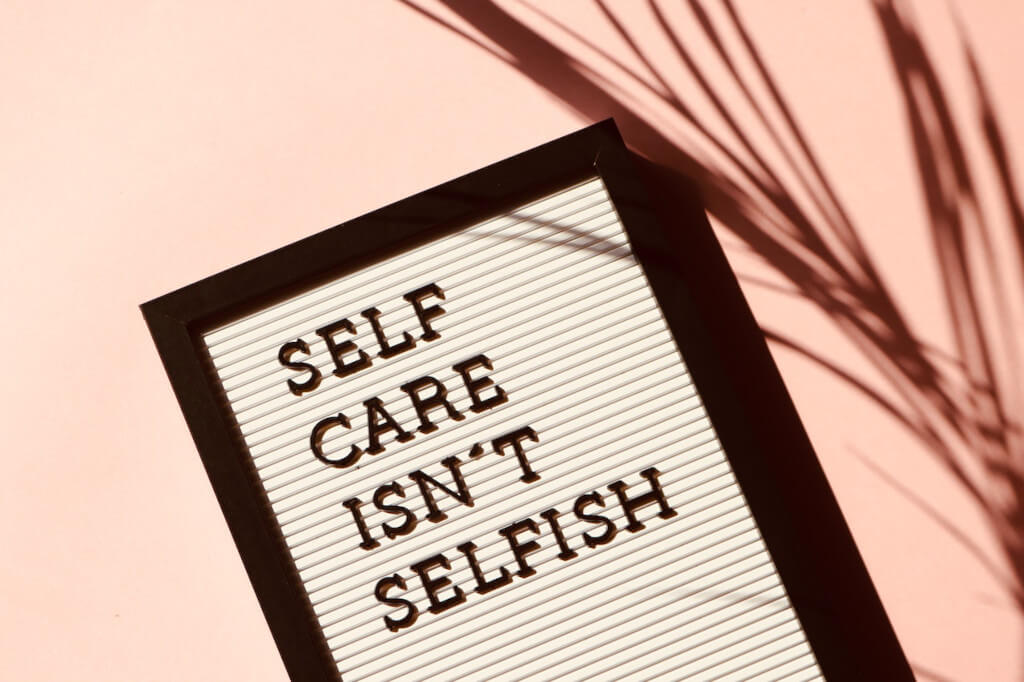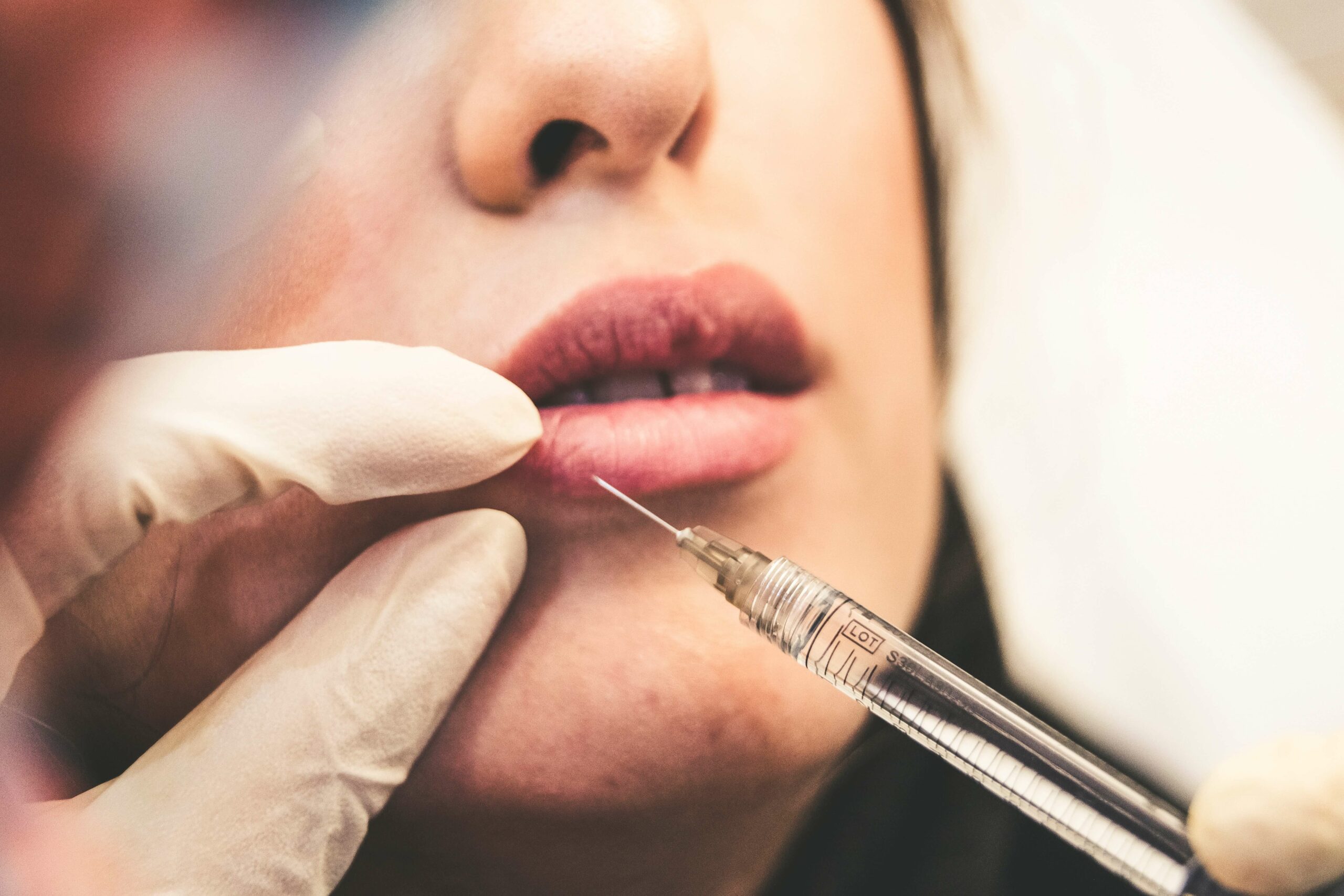Self-care is a term that seems to be everywhere these days, whether it be in the form of skin-care products, fizzy bath bombs, yoga poses, acai bowls, or other things that are posted on Instagram. Nevertheless, there is more to self-care than what we see advertised on our social media feeds.
The practice of self-care originally referred to taking care of one’s body in some way. After that, it developed into caring for your emotional well-being and, even more so, the overall ability to heal women, people of color, and other marginalized communities.
Why Do We Continue to Believe That It is Selfish to Take Care of Ourselves?
You may have just canceled dinner, turned down an invitation to an event where your ex will be present, or even just said no to everything. Because of this, you could end up feeling a little self-centered or guilty.
It makes no difference that you are emotionally and physically spent, or that your mental health is deteriorating; neither of those things matters. You might find that you are unable to fall asleep because you keep thinking about the things you could have done differently or how you could have been better. It can make you feel like a failure as if you lack the ability or resources to deal with the day-to-day challenges of life. But if staying in enables you to prioritize taking care of yourself, both in terms of your energy levels and your healing, then can you call that selfish?
Redefining What It Means to Be Selfish in Its Most Basic Form

When people think of the word “selfish,” they frequently first think of negative connotations associated with that word. We consider them to be self-absorbed, self-absorbed, and self-centered. And we are to quit worrying only in terms of “me and my interests,” correct? Instead make an effort to live for the benefit of all people, considering that we are conditioned to believe that giving is more commendable than receiving
However, we do not have a clear picture of the situation. For instance, in the event of an emergency, while flying, we are instructed to first readjust our oxygen masks before assisting other passengers. Or to make sure that you and everyone else nearby are safe before attempting to assist anyone who is hurt. Because we followed those instructions, nobody could accuse us of being selfish.
There is, as is the case with everything else, a spectrum. There are times when the appropriate action is to be “selfish.” Even if someone labels a decision you’ve made as selfish—for example, skipping out on their party—that doesn’t mean you have to evaluate it from their perspective. You are free to form your understanding of the situation. So, let me hear you say it again: I’m not going to berate myself for being “selfish.”
There are times when it’s acceptable to act “selfishly.” There are times when putting one’s own needs first is the best course of action to take for one’s health and well-being. In situations like these, you need to prioritize your health and well-being. The following are some examples of those times:
You Will Need Assistance
Everyone will at some point require assistance, but the majority of the time we try to avoid asking for it. Even if we acknowledge it or not, there are times when asking for assistance can cause you to feel incapable, weak, or needy; this is true even if the alternative is to add unnecessary stress by not asking for assistance.
However, when you are in a position where you need assistance, it is vital to ask for it. If the pressure of a work project is getting to you, try asking a colleague for help or delegating some of the work to someone else. If you need companionship, you should seek the support of a friend. Visit a therapist if you feel the need to discuss something with an objective third party.
You Have to Get Some Sleep

It does not matter whether you are feeling physically, mentally, or emotionally exhausted; the time has come for you to take a break and relax. In some cases, the solution is as simple as getting enough sleep.
Not getting sufficient sleep can have several negative effects on your body, including making it difficult to concentrate, lowering your immune system’s defenses, and causing memory problems. Sleep deprivation can even hurt the quality of your interpersonal relationships. But we frequently feel that we must keep going.
But the fact of the matter is that we require rest. It’s time to find some work-life balance if you’ve been staying up late at the office and skipping out on sleep. If you decide to go to bed instead of meeting up with friends for drinks the next time, that’s perfectly acceptable. Even if it is considered selfish, that is the kind of person you want to be.
Getting some rest does not necessarily mean going to sleep. Consider it a sick day and take the time off, whether your brain is feeling off-balance or you are experiencing a flare-up of a health condition you already have. And even though you are at home, you shouldn’t feel compelled to do the laundry. Spend the day sleeping, binge-watching your favorite show, or reading a book in bed. If you are experiencing feelings of fatigue, exhaustion, or pain, it is time for you to get some additional rest, and you should not feel guilty about doing so.

Get Established With Stable Routines An activity that you perform at a predetermined point in…

Dive into a treasure trove of over 10,000 premium-quality anime designs with our MEGA BUNDLE!…

Those searching for a lottery strategic plan would do well to consider all the moving…
You Just Need Alone At Times
When you choose to stay in rather than go out, some people won’t understand your decision. Do not beat yourself up for preferring to spend time by yourself if that is what the current state of your mood calls for. We all have times when we need quiet time to ourselves, but some people require more of it than others do. Some people find that engaging in social activities drains all of their energy. There is no need to feel guilty about devoting some time to your own needs.
If you have been going nonstop, your mood has been all over the place, or you feel the need to – evaluate your connections, now might be a good opportunity to schedule some alone time for yourself.
You are not required to pack your schedule with social engagements unless you so choose to do so. Start a warm bath, turn off all of your electronic devices, and give yourself some much-needed “me time.”
It is the Right Time to Leave a Relationship, a Job or the Living Situation You Are in

Leaving a job, breaking up with your significant other, or relocating to a new city are not actions that are ever simple to take. It’s time to reevaluate your relationship with that person if you come away from interactions with them feeling terrible or dread seeing them again. Many times, we don’t end friendships or romantic relationships because we’re afraid of hurting the other person. However, when it involves relationships that are unhealthy for you, there are times when you need to prioritize yourself over the other person.
It is not self-sustaining to remain in a relationship — or job, or anything else, especially one that is abusive in any way — that does not make you happy when you are no longer giving it your all. It may be time to part ways with something if it is hurting your well-being.
The Give-and-Take Dynamic
Even though it can shift over time, the give-and-take dynamic is an essential component of any healthy relationship. However, when the balance shifts so that all they are doing is taking, and all you are doing is giving, it may be time to take action.
When you live with another person, it is especially important to strike a balance between giving and taking. When you return home from work, do you find that you are the one who is in charge of all of the errands and chores, while they come home and kick their feet up? It is essential to strike a balance in one’s life to avoid both feelings of resentment and exhaustion.
You might decide to speak to them, take a brief break to recharge your batteries, or completely cut them out of your life, depending on the circumstances. If the act of giving is causing you more harm than good, then it is not self-entered to prioritize your own needs over the needs of others.
To Avoid Becoming Burned Out, Whether in Your Personal Life or at Work

Burnout, also known as work exhaustion, can affect anyone at any time. Some careers can be particularly taxing on one’s energy. When burnout sets in, it has the potential to negatively impact both your personal and work lives. According to the findings of one study, those who work in the field of mental health should consider self-care to be an “ethically imperative” practice.
Therefore, when it is time to clock out, make sure you leave. Turn off the notifications that come from your work, put your email on snooze, and cope with it tomorrow. In the vast majority of cases, whatever it is can be dealt with just as effectively the next day rather than in the middle of a meal.
Always ensure you have time to detach yourself from your work, regardless of what you’re doing. Establishing this kind of balance between your professional and personal life can assist you in avoiding burnout and bring more joy into your personal life.
Be Mindful of Your Well-being
If you want to avoid the guilt of being selfish, avoid neglecting yourself and your health. Being self-centered does not necessarily have to be a negative trait. When it comes to taking care of your mental, emotional, and physical health, it’s okay to be a little bit selfish every once in a while.
Many people who place their entire emphasis on giving end up feeling overburdened, exhausted, and stressed out as a result. In addition, research has shown that prolonged exposure to stress can increase the risk of developing a variety of health problems, such as diabetes, cancer, and mental illnesses. You can lower your stress levels by treating yourself better and indulging in some occasional self-indulgence every once in a while.




